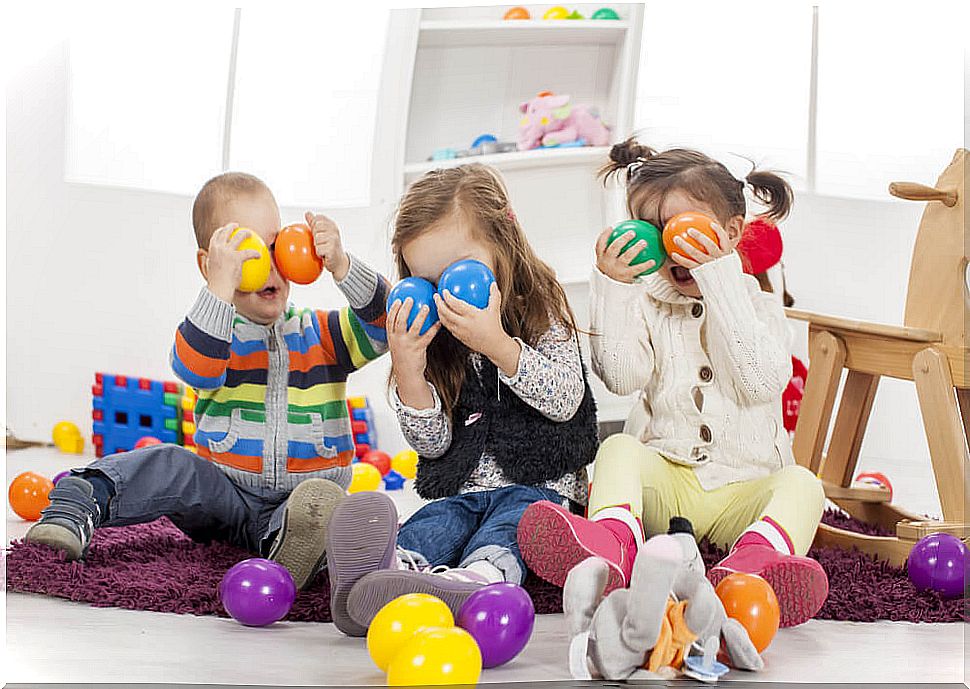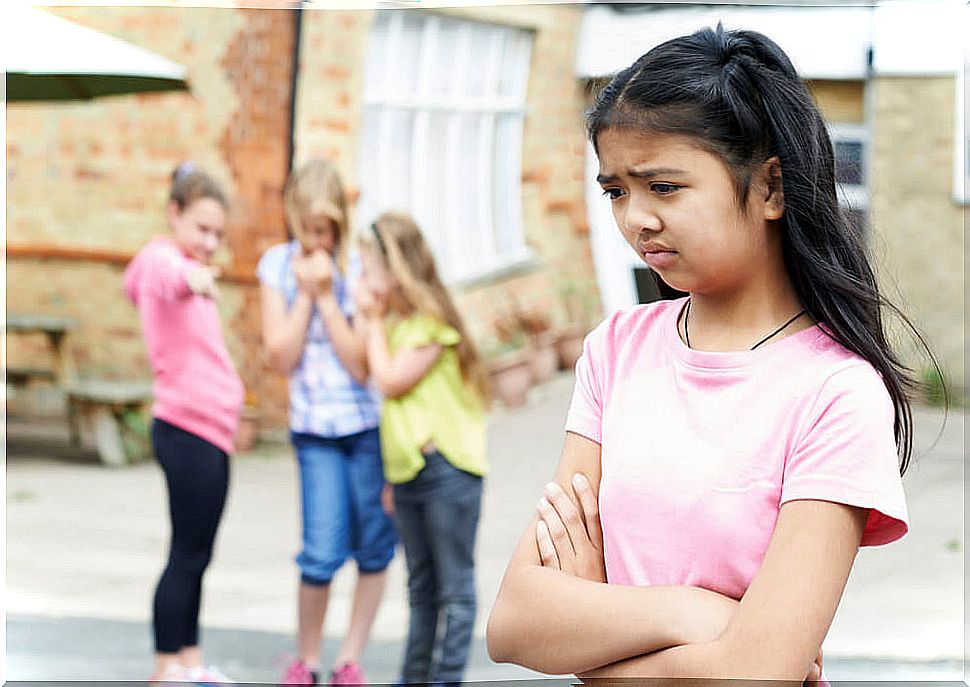5 Reasons Why Your Child Doesn’t Like School
The day has come for every mother when she has had to fight with her children to get them to attend classes. The reasons why a child does not like school are many. From a simple “I don’t want to go” because he is tired from going to bed late, for example, to more complex situations, such as those intrinsic to the educational institution or those related to the social relationships that the little one weaves in his school life.
Frank and open communication with your child is the only way to find out why he doesn’t like school. Obviously, that will depend on the age of the boy and the bonds of trust that you have established with him so that he tells you his reasons.
Why don’t you like school?

1. It does not adapt
A small child who goes to a nursery or kindergarten for the first time has a hard time adjusting, therefore, in childhood, there is always a period of adaptation. The same thing happens when he leaves preschool and goes to the first grade of primary school, or when he is older and goes to high school.
There is also a process of adaptation when the child changes from one school to another. If your child is going through any of these processes, they may say they don’t like school. Of course, it is a matter of time and patience to overcome that discomfort.
2. He does not like school because he is bored
It happens to many children: they get bored. School does not always offer the motivation and encouragement that the little one needs, and more so today, when technology imposes frenetic rates of learning and multitasking that school cannot overcome.
It may also be that your child has from an attention deficit and hyperactivity disorder (ADHD), until he has a higher than average intelligence, as this study published in the Journal of Education and Development points out . For this reason, the traditional school is very boring.
3. Someone is bothering you

If your child has always had a good attitude towards school and suddenly begins to point out that he does not like or is reluctant to attend, it could be a case of bullying . It can also indicate a bigger problem, such as being bullied or abused by an adult.
In these cases, it is likely that the child has a hard time explaining clearly what is wrong with him. If they feel threatened or ashamed, you have to get them to overcome these fears so that they can express what it is that bothers them.
4. You are behind in school
It may also be that a child who is falling behind in his studies, who finds it difficult to read, calculate or do his homework, who notices that his classmates are more advantaged feels animosity towards school.
Also, some subjects may be more difficult than others, or you cannot get along with a certain teacher, which makes you reject the subject and fall behind. There may also be learning problems, so he does not want to go to school.
5.- Has difficulties to relate
Your child can’t make friends to play or study with, so sooner or later, he will show rejection of school. If there is no serious problem and your child is a shy child, that may be the reason for not feeling comfortable in school.

In the home there may be situations such as abuse or violence, absence of one or the parents or are in the middle of a separation or divorce. Therefore, the child can also begin to have problems and present antisocial behavior, as evidenced by this research published in the Mexican Journal of Psychology .
What to do if my child does not like school?
- The first thing is to get your child to explain what he dislikes about school. If there is no good reason, you can talk about it. If there is a greater reason, with patience, you will get your little one to express what the situation is that affects him.
- Talk to the teacher. If you have performance problems, you may need academic support after school. If he gets bored, your child may need more extracurricular activities that are stimulating and challenging for him.
- Help him find the solution to the problem. If the problem is that he has no friends to play with, try out how to get close to other children. Help him make friends by inviting his classmates to play after school.
- Acknowledge your little one’s effort to overcome difficulties. Explain that adults don’t always want to go to work, but they must go, and that the same is true of school and children. If he understands that it also happens to you and you serve as an example to overcome his reluctance, you will help him.
- Ask him what he likes about school and focus on it. Tell him what it was like when you went to school, what you liked and what you disliked so that together you can find the way to overcome the negative and get attached to school.
However, if after carrying out these recommendations you are unable to get your child to communicate and express the reasons for their displeasure, you may need to seek specialized help to find the cause of this aversion to going to school.









